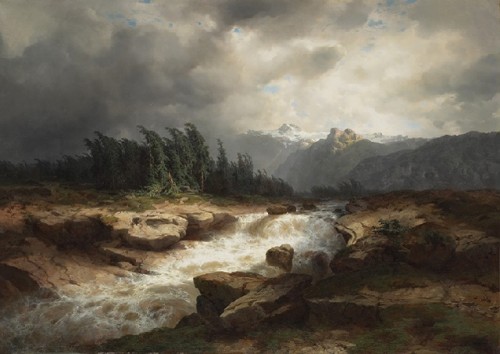Question 1: I think That Jason and the Argonauts fits very well with the cycle of a hero but it is in a different order. First, he is born, and his uncle Pelias tries to kill him but he fails. Then, after being taught by Chiron, he sets off to to get his kingdom back from Pelias but Pelias sends him to get the golden fleece, which is the call to adventure. Before this, Chiron teaches him, which is the helper part. Jason crosses the threshold by building and setting sail on the Argo, his boat. One of the tests he faced on his journey was when he tried to get through the clashing rocks before the island which held the golden fleece, after he had recruited the Argonauts. Before this though, he ad to find helpers, which were the Argonauts he recruited through out his journey. The final battle was when Jason fought Medea to get the fleece, then, once he had retrieved the fleece, he escaped on the Argo. He then returns to his right full kingdom and shows Pelias the fleece, the return and elixir stage. Finally he becomes king of his home, the home stage.
Question 2: I think they have represented the hero accurately but in other myths I have read the hero was not so drippy; in the cartoon version of Jason and the Argonauts Jason was very dependent on other people, and like the documentary said, he was more normal than someone like Odysseus or Hercules. I think the helpers, or the Argonauts in this case, were smarter than in other myths like the myth about Odysseus. In that myth they just followed Odysseus blindly where ever he went.
Question 3: I think that the Argo and some of it's voyages could have been real. I don't think Jason and the Argonauts or the quest for the golden fleece were real though. But the documentary we watched in class proved that a ship like the Argo could be made, and the same materials used in the myth were found. Also many of the places the Argo was said to have travelled exist, such as Lemnos and the Clashing Rocks, so a great journey through those places could have existed weather it be an explorer, or a writer inventing stories about the places.
The Rabbit Proof Fence - Blog Post #2
14 years ago





